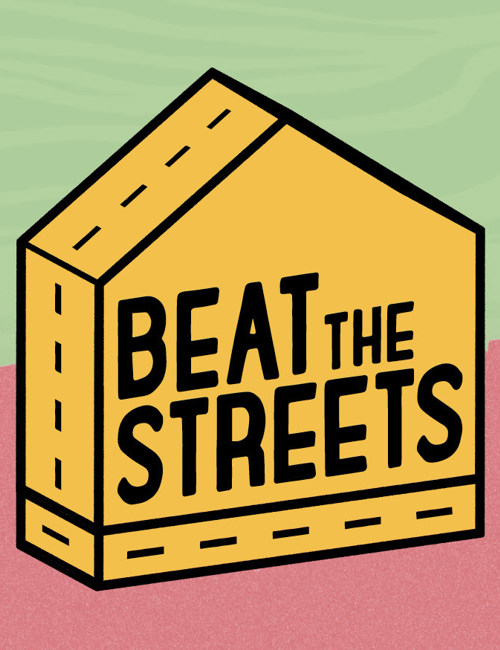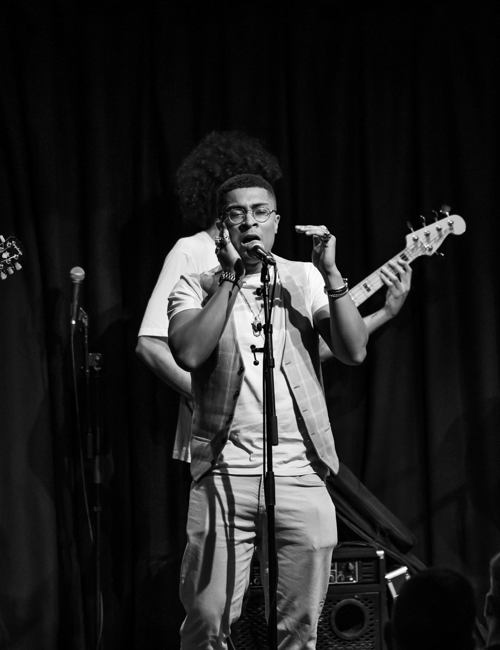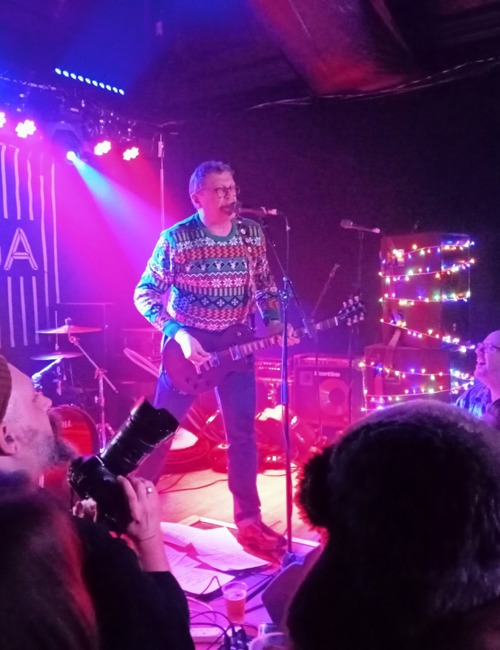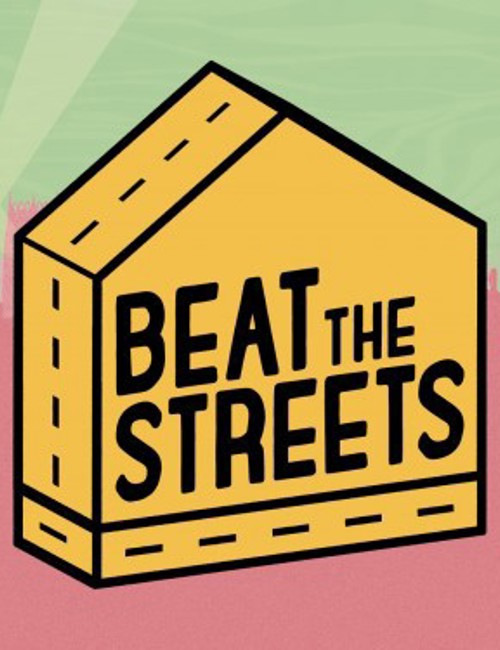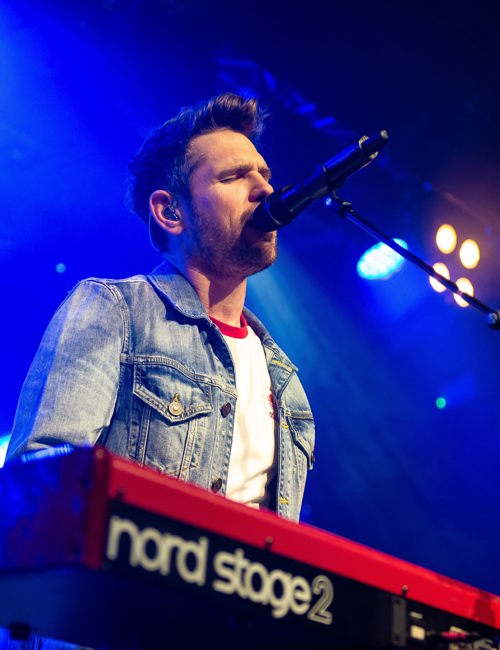
MuHa's second album Reka is out now - Photo by Brian Griffin
Taras was a first try (at least for me), it was exciting and we did have a few great songs on it. However our second album Reka is more ‘together’ as an album, as a theme, a product of a higher standard, musically and production wise as well.
The album was recorded by Dmitry (lead guitarist of Muha) - did you find the process an enjoyable experience?
I’d say I love the final result of the recordings, but I can’t say I particularly enjoy the process of it. Recording is a hard work. Dmitry’s attention to the tiniest details does not leave any room for sloppiness. There had been occasions when Dmitry would send me away from the studio for more practice before allowing to come back for the recording. But the knowledge that the end result will be of a high quality, I don’t mind that.
Where have you drawn inspiration from musically for the new album?
Mainly the inspiration comes from the Ukrainian and Russian folklore. Also, Indian traditional songs and rhythms. Folk music is living in the communities for centuries, accumulating, unpretentious, down to earth but powerful wisdom of generations. In this respect the energy of folklore has a great power to find a straight path to your heart and a great inspiration for many. Our band members come from different walks of life, so it is reflected in our music.
Brian Griffin (known for his work making album covers for Depeche Mode, Kate Bush and Iggy Pop to name a few) shot the cover for the album. How did you come to work with such a legend?
We were able to secure a commission with him through Louise's work at The Format Photography festival (Derby). The photo session with Brian was a bit like recording with Dmitry. It was tiring to stand still for hours to allow Brian adjust and readjust the lights, their intensity and composition to the tiniest detail, while keeping an adequate facial expression. But the end result was worth it all.
In a typical Muha show you can expect to see some weird and wonderful instruments. Do you learn the instruments after purchasing them or is learning them as you go part of the fun?
Hehe, I have a soft spot for the world instruments. I tend to fall in love with the sound of an instrument, and then I feel I absolutely have to learn how to play it. Playing an instrument when you already know it enough to be able to play well is always a good fun. However the bit in between, mastering the skill, it takes a discipline to keep regular practice. I tend to reach out to people who already play and love that instrument. It takes me to various music communities and allows me to meet new like-minded friends.
Muha deals with many traditional folk ideas and theological discussion. Is this theme continued in the second album?
The theme of the album is River. The Reka (meaning river), has given the name to the album and was inspired by the floods and the overflow of the River Trent last year. Rivers, seas and waters are a huge themes in traditional folklore, they are referred to as a source of life, but also as a to a power that can bring the death. Rivers are often compared to the life itself - the river is abundant; it flows fast when it’s raining and slows down when it’s dry. It makes its journey through the plains and the hills, it can be hard or soft, depending how you interact with it; it can be beautiful and serene or harsh and scary.
Much of today’s music is written about love, or lust at the very least. Why do you think the topic of love is such a compelling subject to write about?
It can bring you to the top of the world as well as throw you in the gutter very hard. Plenty of inspiration for exploring your feelings and writing along the way. Music is the best healer, when you are at the bottom, writing music is the main thing that helps to survive and rise again. The best music is born out of pain.
MuHa perform at Nottingham Contemporary on Saturday 18 October 2014.
We have a favour to ask
LeftLion is Nottingham’s meeting point for information about what’s going on in our city, from the established organisations to the grassroots. We want to keep what we do free to all to access, but increasingly we are relying on revenue from our readers to continue. Can you spare a few quid each month to support us?
